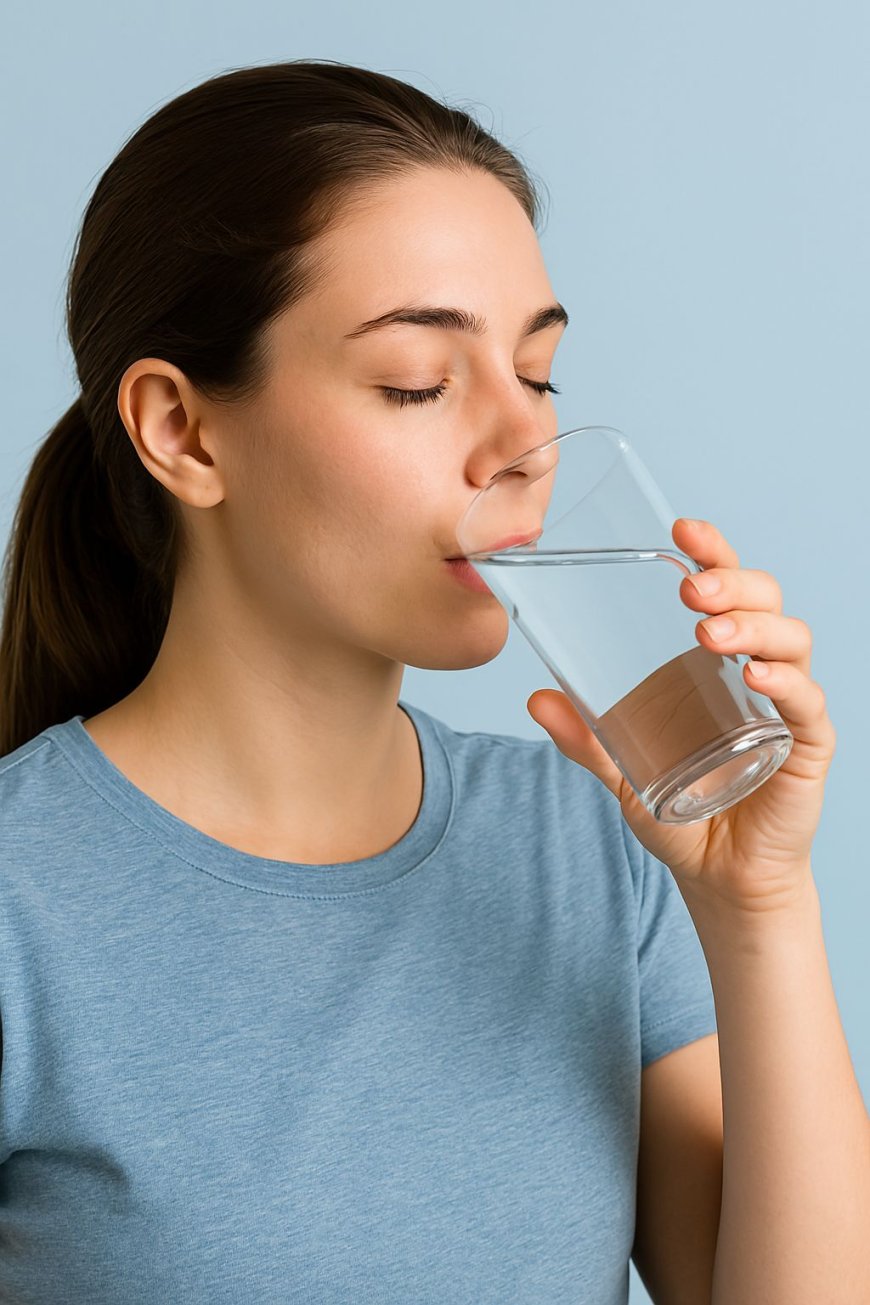Can Drinking Too Much Water Harm the Kidneys? The Truth is Not What We All Have Grown Up Believing
Excessive water intake can strain kidneys and cause hyponatremia. Learn the truth about hydration, safe limits, and kidney health.

Introduction
We have all heard since childhood that drinking plenty of water is essential for good health, especially for kidney function. Water is crucial for flushing out toxins, maintaining hydration, and supporting overall organ function. But can drinking too much water actually harm the kidneys? The truth is more nuanced than the simple “more is better” advice we’ve grown up with.
How Excess Water Affects the Kidneys
The kidneys are responsible for filtering blood, removing waste, and maintaining fluid and electrolyte balance. Drinking too much water can overwhelm this system in some cases. The potential risks include:
-
Hyponatremia (Water Intoxication): Excess water dilutes sodium levels in the blood, leading to an imbalance. Symptoms may include nausea, headaches, confusion, seizures, and in severe cases, coma.
-
Overworking the Kidneys: Constantly forcing the kidneys to excrete large amounts of water can stress them over time. Though healthy kidneys can handle occasional high intake, chronic overconsumption may increase risks of kidney strain.
-
Swelling of Cells: Excess water can cause cells to swell, which may affect organs, including the brain, more than the kidneys directly.
How Much Water Is Safe?
-
On average, an adult should consume about 2–3 liters (8–12 cups) of water per day, depending on factors like age, weight, climate, and physical activity.
-
Extreme intake, such as 5–6 liters or more within a short period, can increase the risk of water intoxication.
-
Listening to your body’s thirst cues is generally safer than rigidly following “8 glasses a day” rules.
Types of Water and Their Impact
-
Tap Water: Safe if treated and clean; provides hydration without additives.
-
Filtered Water: Removes impurities; generally safe and good for kidney health.
-
Mineral Water: Can supply electrolytes; moderate consumption is recommended.
-
Distilled Water: Free of minerals; excessive long-term use may alter electrolyte balance.
Signs You Might Be Drinking Too Much Water
-
Frequent, urgent urination beyond normal levels
-
Clear, almost colorless urine all day long
-
Swelling in hands, feet, or lips
-
Fatigue, dizziness, or nausea
-
Confusion or headache
Foods and Fluids That Help Kidney Health
-
Fruits and Vegetables: Watermelon, cucumber, celery, and berries contribute to hydration.
-
Electrolyte-Rich Drinks: Coconut water, unsweetened sports drinks in moderation.
-
Balanced Diet: Foods with moderate sodium, potassium, and magnesium support kidney function.
-
Avoid excessive caffeine or alcohol, as these can increase fluid loss and stress kidneys.
Advantages & Positives of Adequate Hydration
-
Supports kidney function and waste removal
-
Maintains healthy skin and energy levels
-
Aids digestion and prevents constipation
-
Helps regulate body temperature
Disadvantages & Risks of Excessive Water
-
Potential for kidney overwork and hyponatremia
-
Electrolyte imbalances leading to severe complications
-
Increased burden on cardiovascular system in extreme cases
Final Thoughts & Conclusion
Water is essential, but like most things in life, moderation is key. The kidneys are resilient organs capable of handling varying hydration levels, but drinking too much water too quickly or excessively over time can lead to serious health issues.
Practical advice: drink when thirsty, monitor urine color (pale yellow is ideal), and include foods with natural hydration and electrolytes in your diet. There’s no one-size-fits-all amount, but balanced hydration supports kidney health far better than overconsumption.
Ultimately, hydration is crucial—but overhydration can be dangerous. Understanding your body’s needs and listening to its signals is the healthiest approach.

 Ellofacts
Ellofacts 





